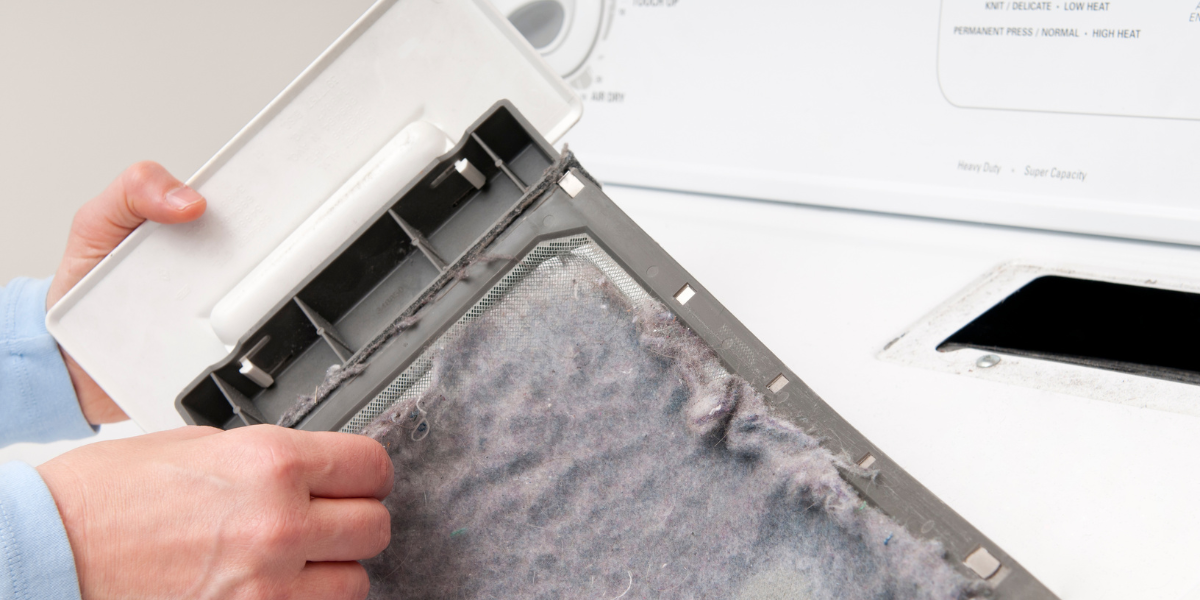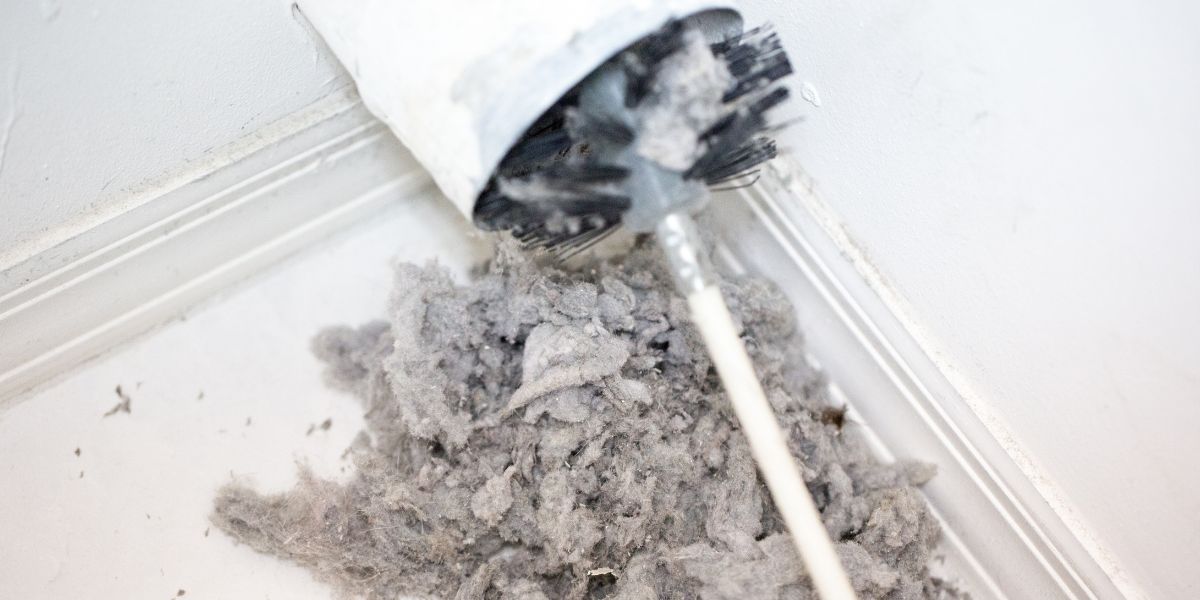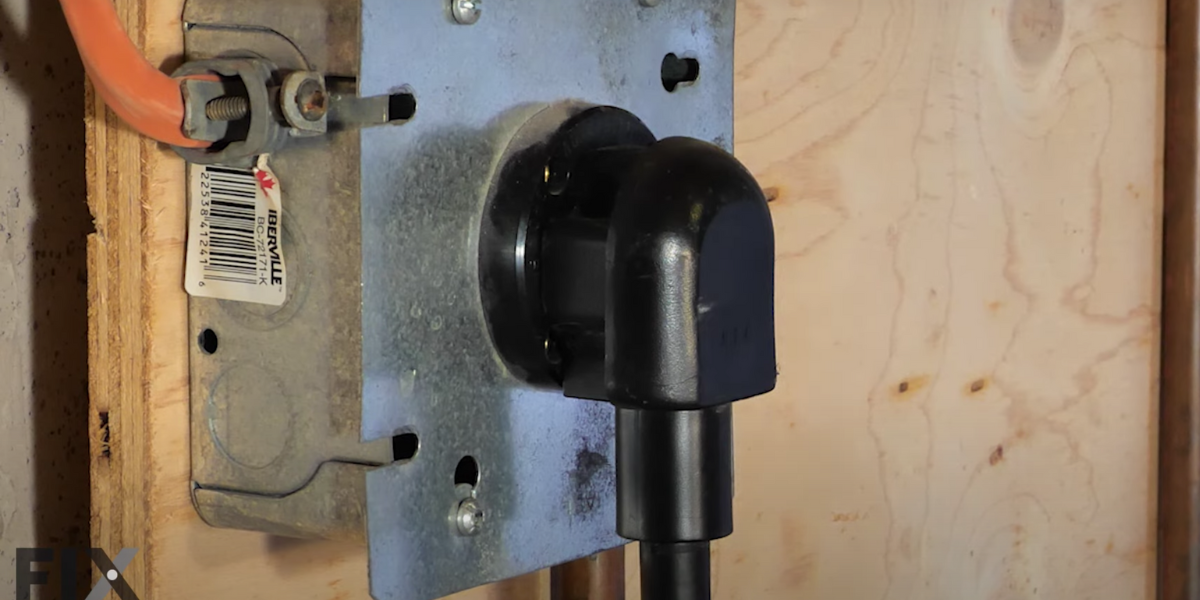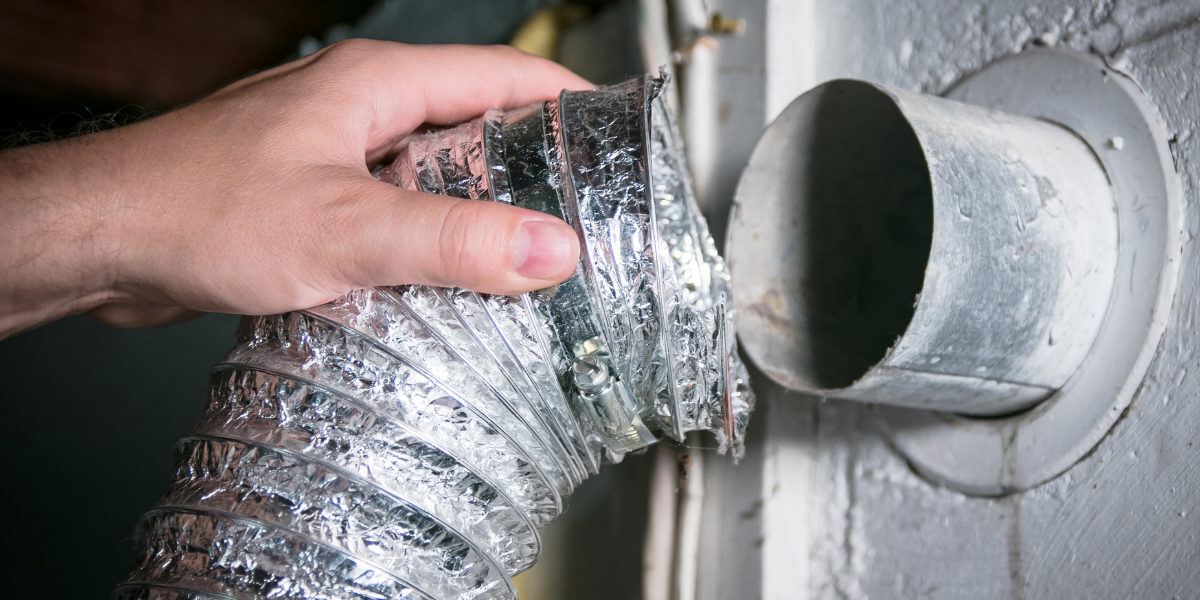Dryer Fire Prevention
Your dryer could burn down your home
Did you know that your dryer could be a major fire hazard? Every year, both gas and electric dryers are responsible for over 13,000 fires in people’s homes. These fires can be devastating and could be easily prevented with adequate care and maintenance. We are going to show you how to keep your family safe and your home fire-free with a few easy tips that you can get started with right away!
Clean the lint filter
One of the most common reasons behind a dryer fire is lint build-up. Lint is made up of the tiny pieces of fabric fibers that fall off our clothes during drying. They are highly flammable and are the cause of fires in almost a third of all cases. The lint filter, which is located inside the dryer, is meant to be cleaned after each and every single load. This will not only reduce the risk of fire, but it will also help your clothes to dry faster.
You can easily clean the lint filter by firstly pulling out any large wads of lint in the filter and then using a nylon brush to clean the remainder. This is a simple process that will only take a few minutes but can save you from a potentially deadly situation.

You should also never use your dryer without a lint filter. This will blow more lint into the vent system and significantly increase the risk of a fire starting. If your lint filter is damaged or you’re simply in need of a new one, we have wide range of OEM lint filters for your convenience.
Clean the vent ductwork
A clogged vent blocks hot air that is meant to flow out of your dryer. This hot hair becomes trapped inside the dryer and substantially increases the risk of a fire. If you notice that your dryer seems to be overheating or that clothes are taking longer to dry, your vent might be clogged. You should clean your vents once a year or more. If you think you might forget to do it, just remember that October is fire prevention month, and plan to do it then. You can use a simple manual brush to clean your ductwork or if you really want to get fancy you can buy a brush that connects to a drill and let it spin all the dirt away.

Safety tips
While gas dryers are often held responsible for dryer fires, electric dryers are also a culprit. It’s possible that the power cord on your electric dryer may come loose due to regular movements. Check your power cord often to make sure that it is in place and not cracked or damaged, as this could result in an electric shock and increase the risk of a fire.

Ensure that the dryer vent is in good condition as well. Dryer vents may become loose or pop off the machine due to regular movements. This could result in a build of lint at the back of the machine that you may not notice until it’s too late. Therefore, check the back of your dryer regularly and make sure everything is connected as it should be.
It’s also important to note what kind of material your vent is made from. A vent that is made with plastic or foil, traps more lint and is more susceptible to clogging. It will require more care and maintenance. However, you can hire a professional to replace these with metal hoses if you wish.

As you do this, be sure to check that the vent cap is sealed and working properly. The cap is responsible for protecting the vent from dirt, debris, and insects that can climb in there. Moreover, the cap also reduces the amount of lint that can build up in the area and makes the cleaning process that much easier. So, make sure to check that the vent cap is in good condition.
If this all seems a little overwhelming for you, just remember that you don’t have to do it all yourself. There are many affordable, professional services that can clean your vents and ductwork for you. It’s a small price to pay for safety!
Prevention
Now that you know what to do, it’s also important for you to know what not to do in order to lower the risk of a fire in your home.
- Do not overload your dryer. Overloading your dryer might seem like a quick way to dry all your clothes, however, over time this could result in excess lint built up and poor ventilation. Overloading your dryer also causes its parts to work harder and therefore produce higher temperatures. All this could result in your dryer overheating and becoming a fire hazard. It may take longer but it’s much better for your safety to do multiple loads of laundry than to set your house on fire.
- Do not forget to check your pockets. Before you load your dryer also make sure that you have emptied your pockets. A forgotten coin here and there may not be the end of the world, however, a forgotten lighter or matches could explode inside your machine.
- Do not place fabrics stained with gasoline or oils in the dryer. This can include work clothes or cleaning materials that come into contact with such chemicals. Even after you have washed them, they are still potentially flammable, therefore it is best to let these air dry outside if possible.
- Do not place materials with foam/foam padding or rubber in the dryer. These materials contain synthetic fibers that are flammable and can catch fire due to the heat and electricity that the dryer produces. Again, it is best to let these materials air dry for your safety.
- Do not use the area around your dryer for storage. Keep the area around the dryer free from items that are flammable. It can be tempting to use the area around your dryer to store boxes or household items, however, dryers produce large amounts of heat and electricity, and this increases the risk of something in the vicinity catching on fire. Keep the area clean and easily accessible.
It’s important to educate everyone in your household on how to maintain and care for your dryer. This will prevent accidents and keep everyone safe. It can also be helpful to keep a calendar or schedule on when you will clean the dryer and venting to ensure that you don’t forget to do it.

We hope this information will be helpful to you and your family. If you would like to know more about how you can care about the appliances in your home we have a guide to help you out!
